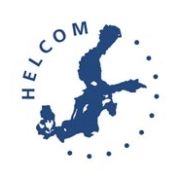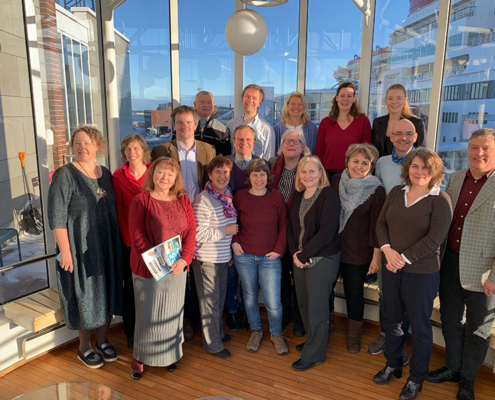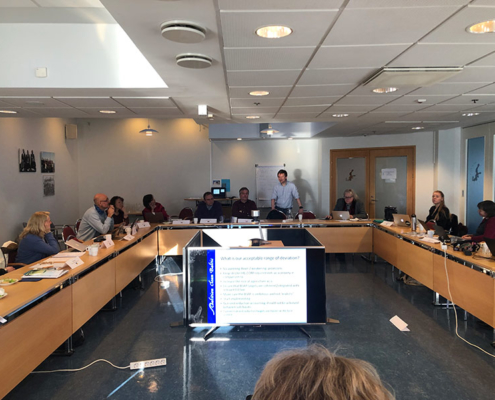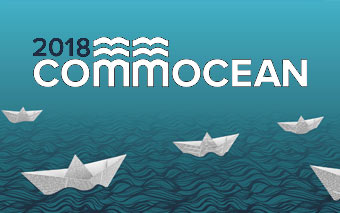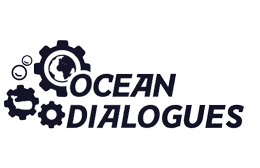ResponSEAble meets HELCOM
The Baltic Sea Action Plan is under revision. Originally adopted in 2007 by all coastal states and the EU, it was born with the vision to make the Baltic Sea become healthy again. Thus, combating eutrophication, bringing hazardous substances back to natural levels, guaranteeing thriving and balanced plant and animal communities were some of many actions on the agendas of HELCOM and the member states.
Now, two years before reach the finish line, we unfortunately must accept: the Baltic Sea Action Plan will not be able to meet its goals by 2021 – and needs to be revised and strengthened for the future.
Coalition Clean Baltic and ResponSEAble is convinced that the revision and improvement process should include environmental advice and perspectives from NGOs of the Baltic Sea Region. Therefore, they invited to a NGO brainstorm meeting in Helsinki on March 5th, one day prior to the 40th HELCOM meeting. The NGO meeting took place in the HELCOM secretariat and was keeping its goal to formulate a joint set of recommendations and suggestions to be integrated in the upcoming update of the Baltic Sea Action Plan. These recommendations were then presented at the HELCOM meeting and were perceived with open minds and the willingness to join forces.
The audience understood that raising awareness of the matter is not enough and that disseminating information alone does not change behaviour. Motivating pro-environmental behaviour change of all involved actors and stakeholders of an environmental issue by approaching them with improved narratives, speaking their languages and addressing their needs is urgently needed. Thus, the ReponSEAble approach and the concept of building capacity on ocean literacy was perceived as well-fitting concept to be followed up with. HELCOM agreed to use learnings and outcomes of ResponSEAble and accepted the ResponSEAble policy brief titling “Raising awareness and building capacity about eutrophication: Integrating ocean literacy in the Baltic Sea Action Plan” [add link to policy brief] as official HELCOM document.
We believe that ocean literacy must be the base for human environment interactions. Building capacity means to educate actors and stakeholders to understand the impact of and responsibility behind their actions. Therefore, we are happy and proud that the ResponSEAble approach and its findings makes its way into policy and decision making across borders.

